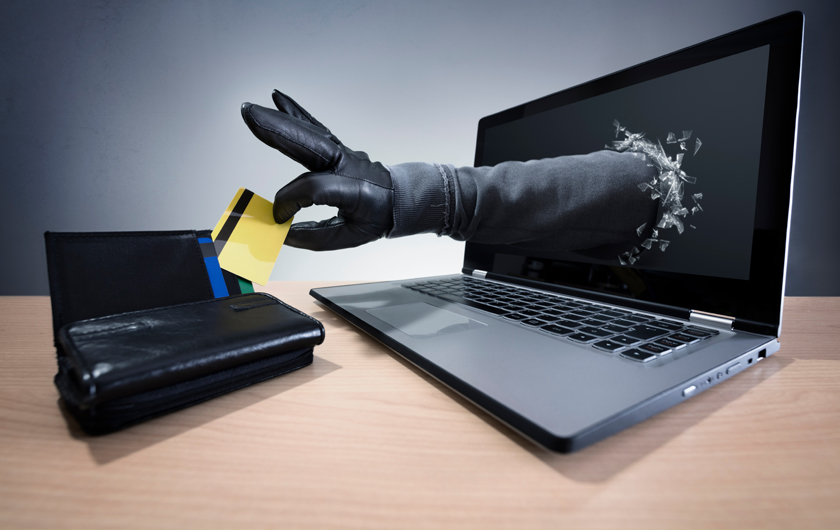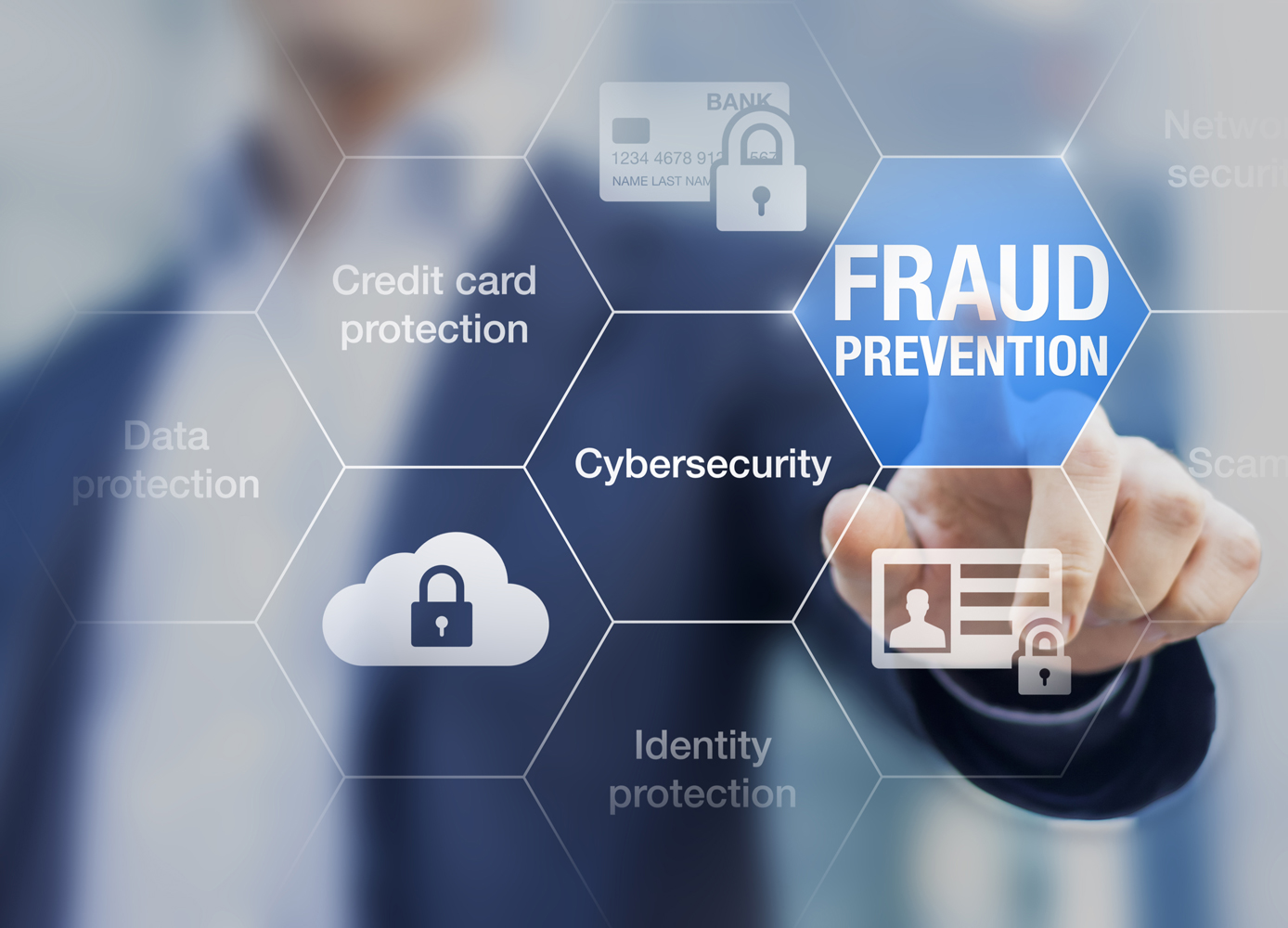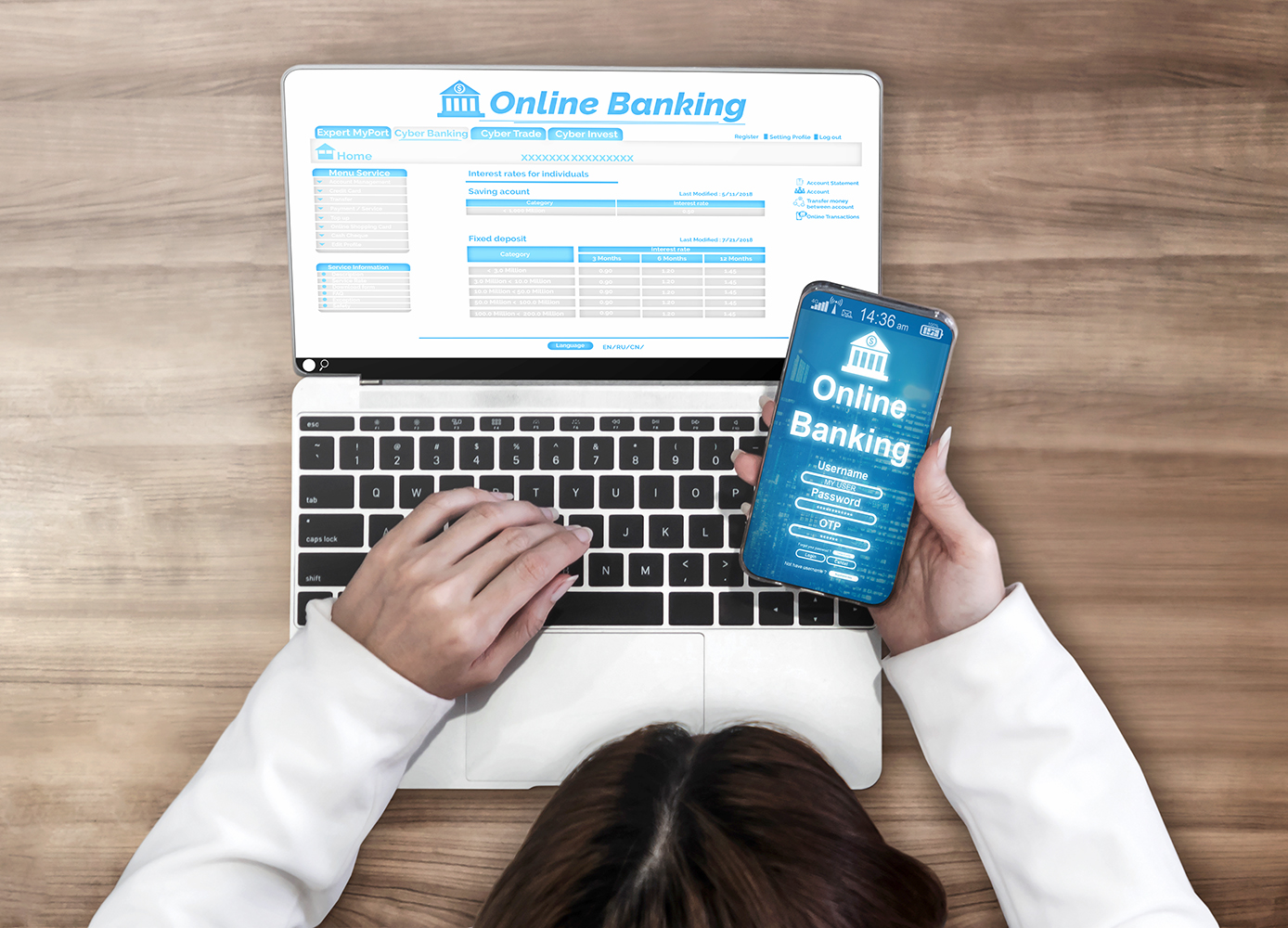The Canada Revenue Agency has a new set of guidelines for preventing identity theft
By Jennifer Hughes
Photo: iStock/BrianAJackson.
You’ve probably received at least one recorded call or e-mail from someone claiming to be from the Canadian Revenue Agency (CRA)—the folks to whom you send your taxes each year—and advising you that you owe money or are in some sort of trouble and need to reply immediately. That someone is out to get your social insurance number (SIN) or other personal information in order to steal your identity.
Identity theft is becoming more and more common. Someone might steal your personal information to make online purchases, withdrawal money from your bank account, apply for loans or credit cards, order a new passport, obtain GST/HST refunds or rebates, open bank accounts, or redirect your mail. The CRA recently released guidelines detailing how you can protect yourself and avoid scams. Here are the main points:
– Be extremely careful when providing personal information—such as your credit card number, SIN, or date of birth—over the phone or Internet. In fact, the CRA states that it will never ask you to provide any personal information by e-mail. Also be careful when providing personal information on social networking sites, such as Facebook or Instagram.
– Keep your passwords and PINs secret. The CRA recommends not writing them down or ever carrying them with you, as they can easily be stolen.
– Be wary of any links you might find in e-mails. In a technique known as phishing, identity thieves send official-looking e-mails that include links to fake websites that look legitimate. These websites then request personal or financial information. Before signing into anything online, make sure that the website is legitimate.
– Never give out your SIN to anyone who isn’t legally entitled to that information. If an organization or company asks for your SIN, ask them if it is legally required before giving it to them.
– Keep an eye on any IDs or bank cards in your possession. The CRA recommends carrying only IDs that you need and replacing any lost or stolen debit or credit cards immediately.
– Make sure that your computer is protected by Internet security software that will make the information stored on your computer less vulnerable to hackers.
– Be careful when choosing someone to do your taxes for you. Make sure it’s someone whom you trust of whose references you’ve checked. The CRA also recommends authorizing this person to use the CRA’s “Represent a client” online service. Once your taxes have been completed, make sure that you review your return and agree to everything before filing it. It’s also important that you receive a notice of assessment, since after your return has been processed, since it contains personal and financial information.
– Ensure that your address is always up to date with government departments and agencies. If you are moving, be sure to call the CRA or any other government agencies to let them know that your address will be changing. You can register for My Account on the CRA website (canada.ca/my-cra-account), where you can check your personal information and ensure that it is up to date and valid.
– Make sure that any charities to which you wish to donate are legitimate. You can check to see whether a charity is registered and get more information about it on the CRA website (canada.ca/charities-giving).
– If anyone ever asks you to pay taxes on lottery or sweepstakes winnings, it’s a scam—you will never be taxed on this type of prize money.
If you notice that any suspicious activities or transitions from your bank account and think that your identity might have been stolen, contact your financial institution, the local police, and the CRA (1-800-959-8281).






